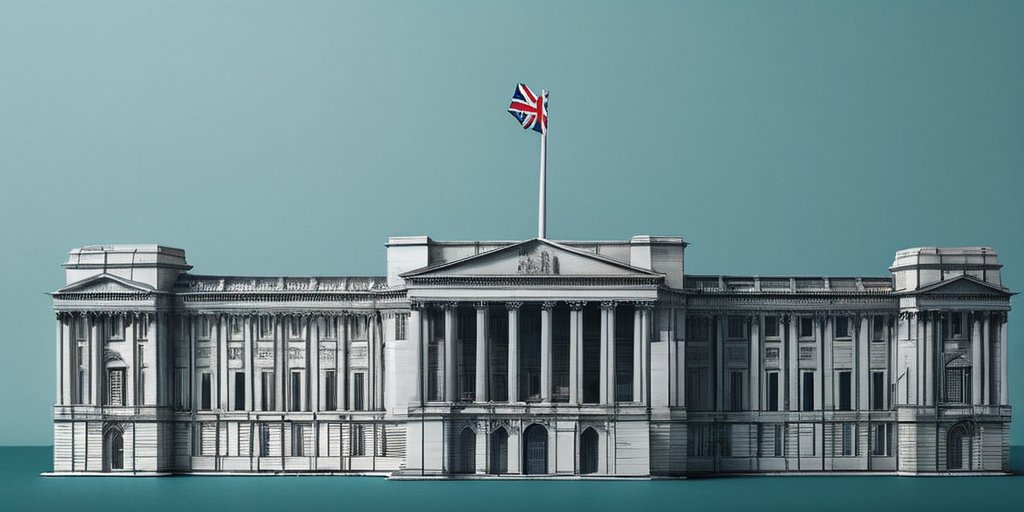In the lead-up to Chancellor Rachel Reeves’ upcoming Spring Statement, scrutiny heightens not only from her party but also from the global economic context heavily influenced by Donald Trump’s administration. Amid rampant global instability, Reeves acknowledges the weight of her decisions, emphasizing the necessity of examining every pound of taxpayer money invested or demanded.
Reeves is under immense pressure, especially with recent announcements of significant welfare cuts aimed at saving £5 billion by 2030, including stricter assessments for Personal Independence Payments (PIPs). She insists her government cannot replicate the public spending levels of previous Labour administrations due to the current economic climate, which includes attempting to navigate around sensibilities heightened by recent Trump-era policy reflections. “There’s growth in public spending, but not at the levels we enjoyed under the last Labour government,” explains Reeves.
The apprehension within the Labour party signals a recognition that public expectations must not only be met but also managed. Without increases to government spending and the looming potential of further economic downturns influenced by global instability, Reeves has taken the somewhat unprecedented route of limiting spend to ensure sustainability.
Looking overseas, Reeves finds herself drawing lessons from her time as an economist at the British Embassy in Washington, where she first gained exposure to the intricacies of U.S. economic policies under Trump. Her first call as Chancellor went straight to U.S. Treasury Secretary Janet Yellen, where maintaining a steady course is highlighted as key amid turbulence.
“The world has changed,” states Reeves, referencing both economic shifts and emerging challenges, including uncertainty around Trump’s administration’s commitment to NATO and global affairs. With the Labour government now adjusting its fiscal strategy, she grapples with public perception and her party’s trust issues in navigating economic challenges.
As she prepares for the Spring Statement, surrounded by mounting pressures and expectations, Rachel Reeves stands at a critical juncture. This unique blend of constraints, opportunities, and Turmoil correlates with the overall environment shaped by ongoing global dialogue, particularly influences stemming from Trump’s policies. Hence, the question remains: How will she reconcile Labour’s longing for prosperity with the harsh realities of fiscal responsibility?
